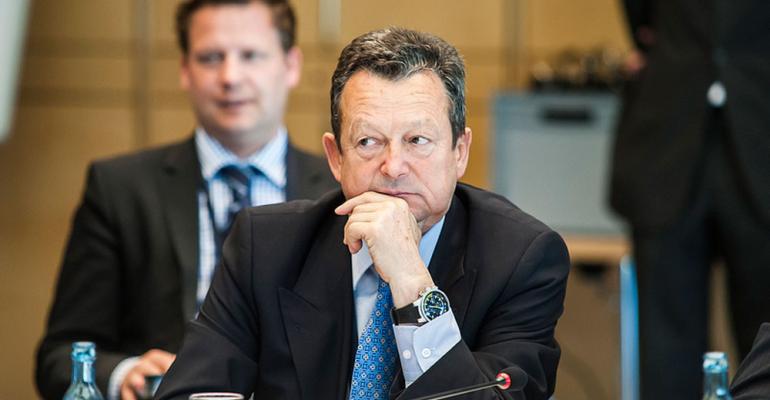BRUSSELS – European auto makers may have to lay off more workers to rein in overcapacity of up to 35%, a leading industry official warns.
“We cannot continue running this industry with 15 to 20 factories (operating at) below 50% of their capacities,” Ivan Hodac, secretary-general of the European Automobile Manufacturers’ Assn., tells WardsAuto in an interview at his Brussels office.
Hodac does not conjecture which auto makers may be next to downsize in Europe, but says, “It’s not good for anybody.”
All car segments are seeing a decrease in sales, with volume and medium-sized cars being the most affected, according to the ACEA boss. But it does not stop there: “It looked at the beginning that the premium brands will not be affected, but the premium brands are being affected.”
All type of models and brands are taking the hit. “Even the ones that were doing very well, like Kia and Hyundai, are also slowing down,” Hodac says.
It’s all doom and gloom in Europe at the moment, with year-to-date car sales down 10% compared with 2012, which was the industry’s worst year since 1995. “We haven’t seen a fall of 10% since we’ve been collecting the figures, at the start of the 1990s,” Hodac says.
For now, the auto industry cannot do much to improve the situation. What must improve are economic conditions in Europe, according to Hodac, who believes skyrocketing unemployment rates – such as 25% in Spain – and negative growth in major countries such as Italy and France have battered people’s confidence in their own financial stability.
This has made Europeans shy away from buying a car. “If you don’t have confidence that you will have a job tomorrow, one of the first things you stop buying or postpone to buy is a car,” he says.
In the meantime, auto makers need to continue innovating and dissuading national and European regulators from passing laws that would increase their production costs, the ACEA boss says.
Hodac accuses the European Parliament of being irresponsible for suggesting a week ago that carbon-dioxide emissions from cars should be set at levels as low as 68 to 78 g/km as a target for 2025. For now, the European Union’s directly elected assembly endorses a standard of 95 g/km to be achieved by 2020.
“We want to have a long-term target for 2025; we have the one for 2020,” Hodac says. “But it has to be based on impact assessment, on knowledge of technologies that would exist at that time, cost situation of the industry and other things.”
Despite this raft of problems, the industry leader still hopes next year will be better and that improved economic and regulatory conditions will ensure European auto makers remain strong.
“We have to keep a technological edge over our competitors,” Hodac says. “We still have one, but the question is, how long can we keep this edge?”





